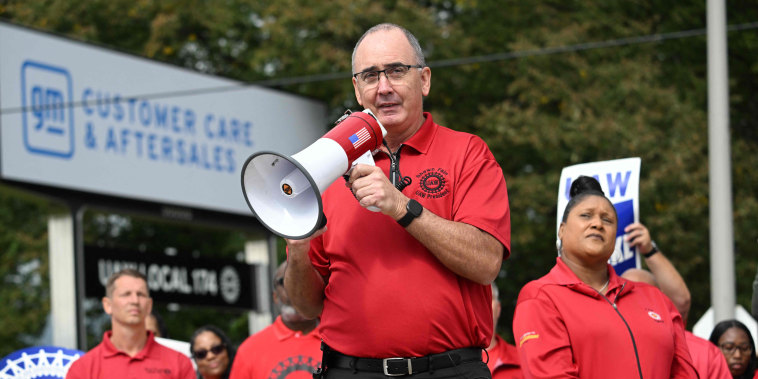The United Auto Workers (UAW) has emerged victorious over the Big Three automakers in what was seen as a major move for the labor union in the United States. This victory has provided an additional incentive for auto workers at Toyota and Honda to unionize, as evidenced by the thousands of unionizing groups cropping up across the country.
For years, the Big Three (Ford, General Motors, and Chrysler) had enjoyed a comfortable monopoly over the heavily-regulated auto market in the United States. Unions have often had difficulty in gaining a foothold in that market, and were often difficult and costly legal battles in order for them to be successful.
Gleaning from the success of the UAW in their victory over the Big Three, the recently formed unionizing groups at Toyota and Honda have seen the opportunity to gain better wages, benefits, and working conditions as a much easier to attain goal.
This move is seen as a major blow to the Big Three, who had been able to keep wages and benefits to a minimum while pressuring the workers into accepting their terms. Now, with the newly-formed unionizing groups at Toyota and Honda, the Big Three may have to introduce pay and benefit increases in order to remain competitive.
It is too soon to tell what kind of effects this new wave of unionizing will have on the U.S. auto industry as a whole. However, it is certain that the Big Three will have to make some changes to their strategies in order to stay competitive. This could mean introducing higher wages, better benefits, and better working conditions for those in the auto industry in the United States.
